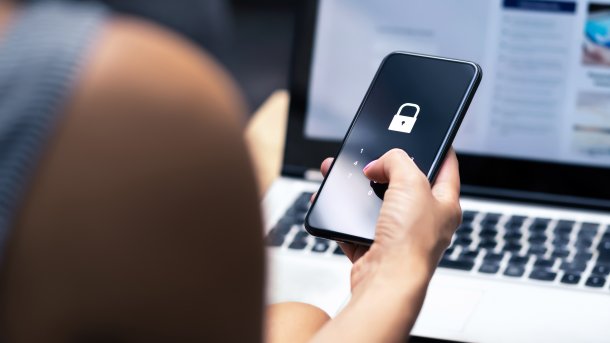Microsoft employees in China have to switch to iPhones
Microsoft is standardizing its employees' smartphones in China. iPhones are required for logins at the workplace.

(Image: Tero Vesalainen/Shutterstock.com)
The data company Microsoft is distributing Apple iPhone 15 smartphones to its employees in the People's Republic of China, which have apps installed that will be required to log in to the workplace from September (two-factor authentication). The same applies to the Microsoft workforce in Hong Kong.
This is reported by several US media outlets. An official explanation for the restriction to iPhones is not known. The move is part of Microsoft's efforts to strengthen IT security in its own operations ("Secure Future Initiative"). However, China's government used the same argument last year to ban the use of foreign hardware, including iPhones, in Chinese authorities – although most of them are manufactured in the country itself. In neighboring Russia, the government also wants to push back iPhones in the public sector; the Kremlin fears that its offices could be spied on in this way.
Videos by heise
The market leader for smartphones in the People's Republic of China is the state-owned company Huawei. It has its own operating system called HarmonyOS; a new, Android-free version called HarmonyOS NEXT for Huawei phones is due to be launched this year. Microsoft's switch to iPhones preempts this. These were in fifth place in China in the first quarter with a market share of 15 percent.
Ongoing updates are essential for IT security. This means that Android phones are lagging behind in China because Google's Play Store is not permitted in the country (although it is in Hong Kong). This means that updates cannot be installed in the usual way elsewhere; instead, Chinese smartphone providers operate their own platforms for the distribution of cell phone software and updates. These platforms are under the control of the Chinese government. This is another argument for a US company to rely on Apple devices in China.
(ds)